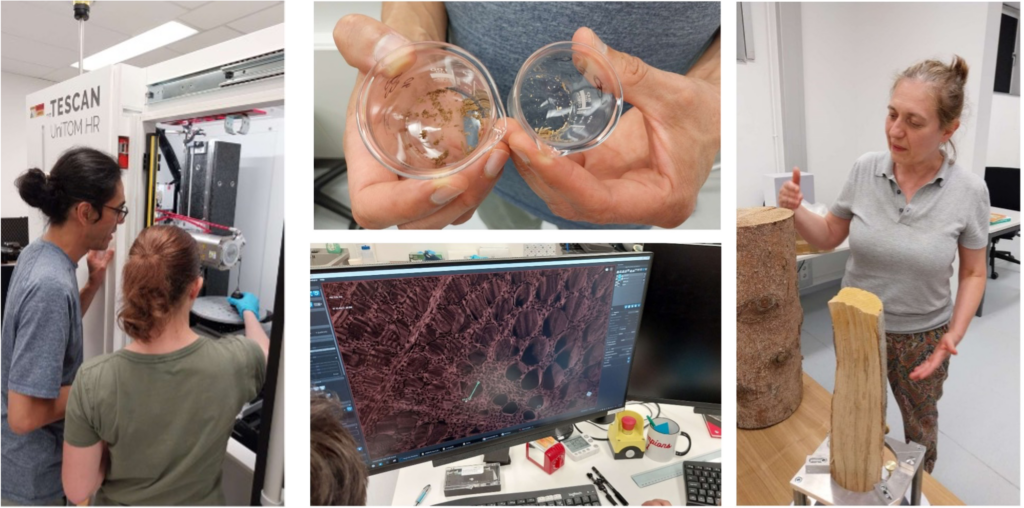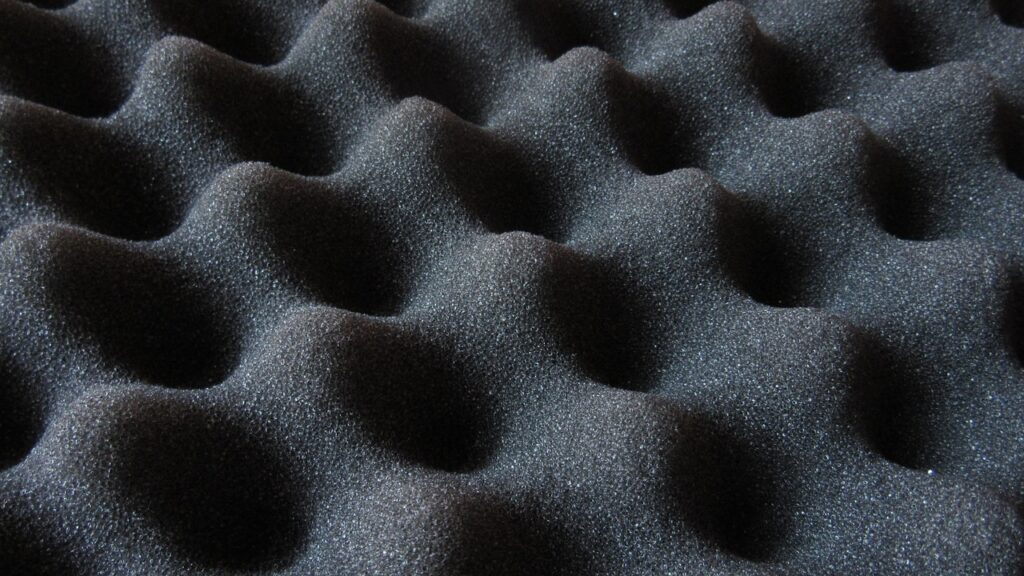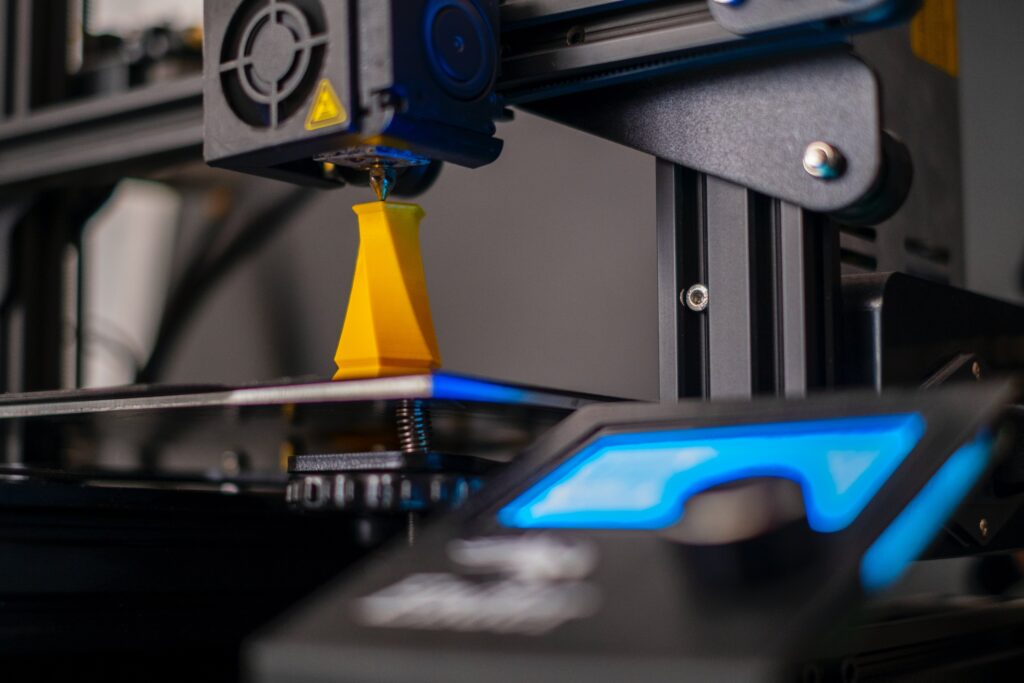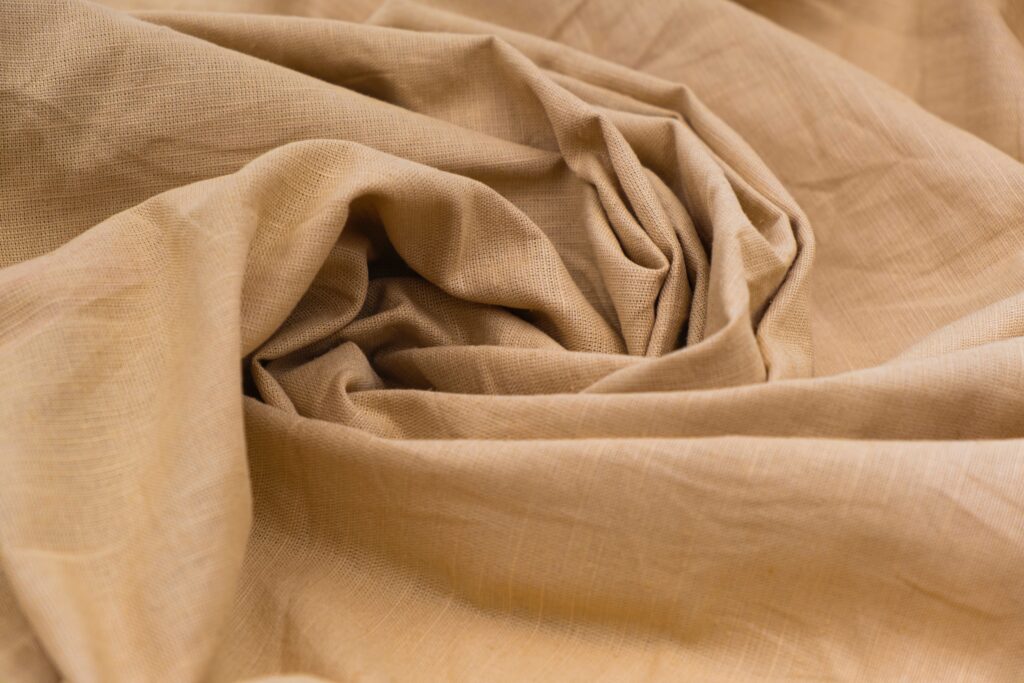Functional nanocapsules development and production

The Centre for Nanotechnology and Smart Materials – CeNTI – is a private, non-profit R&D institute in the north of Portugal with a multisectoral focus and cutting-edge technology. CeNTI’s participation in the BIONANOPOLYS project focuses, among other things, on the production of bionanoadditives, i.e. functional nanocapsules for the controlled release of active ingredients that can be used in various fields.
Pupils explore Bionanopolys

Pupils from the HBLA für Forstwirtschaft Bruck an der Mur did an internship at acib and describe their experiences in a blog post. They explored how to use wood to produce biopolymers, and gained some insights into the H2020 OITB project Bionanopolys.
Organic waste valorization and up-cycling

Wood residues, straw and further agricultural wastes based on lignocellulose are excellent raw materials for the production of bionanomaterials. The raw material is physically pretreated (steam explosion) and enzymatically hydrolyzed to release the valuable sugar building blocks. The hydrolysate is subsequently used as a feedstock in fermentation processes to produce for example PHA (polyhydroxyalkanoates) or PLA (polylactic acid). PHA and PLA are compostable plastics and thereby the circle closes.
Bio-based solutions for foam applications

The formulations used to produce current foams in the market are mostly based on fossil-based polymers such as polyolefins, polystyrene, polyurethanes among others or even blends of them. They are also quite complex …
Compostability of bionanomaterials

The analysis of compostability and recyclability is one of the services that are offered by the Bionanopolys team. For a sustainable approach it is important to characterize materials in terms of their biodegradation, disintegration behaviour and their compost quality.
Let’s ask Jordi Palau and Hector Torres from ITENE, who are our experts in this field:
Bio-based injection and 3D printing

Author: CIDAUT 3D printing technology is an additive manufacturing technique that has progressed significantly in the recent years. Some of the advantages of additive manufacturing include the possibility to manufacture free-form complex components that would otherwise be impossible to build with subtractive manufacturing processes. For example, 3D printing offers the possibility to make accurate and […]
Textiles and non-woven fabrics on a bio-based product market – A podcast Interview with STFI

Author: acib & STFI Which topics are currently relevant in textile research? Which bio-based materials are on the rise and what does efficient textile recycling look like? Our experts from the Saxon Textile Research Institute (STFI), Romy Naumann, Anna Große and Johannes Leis give us insights into their work. We also discussed how to recognise […]
